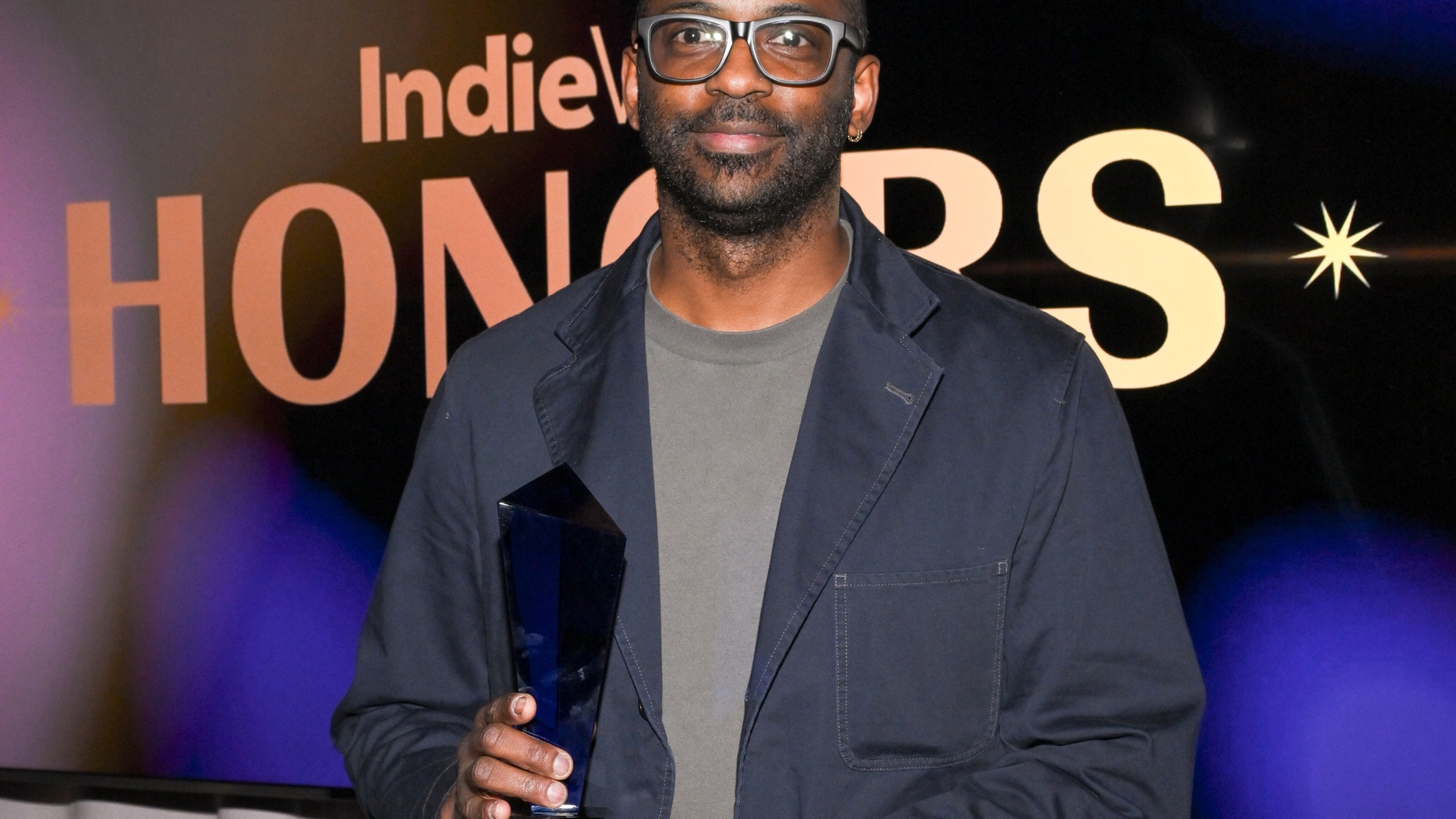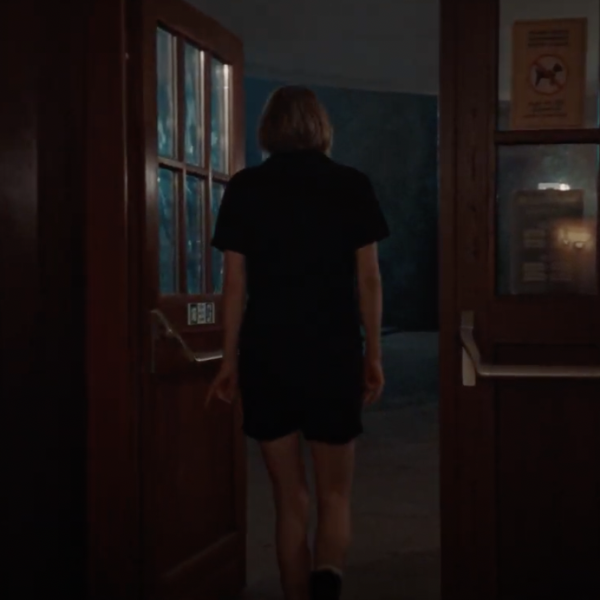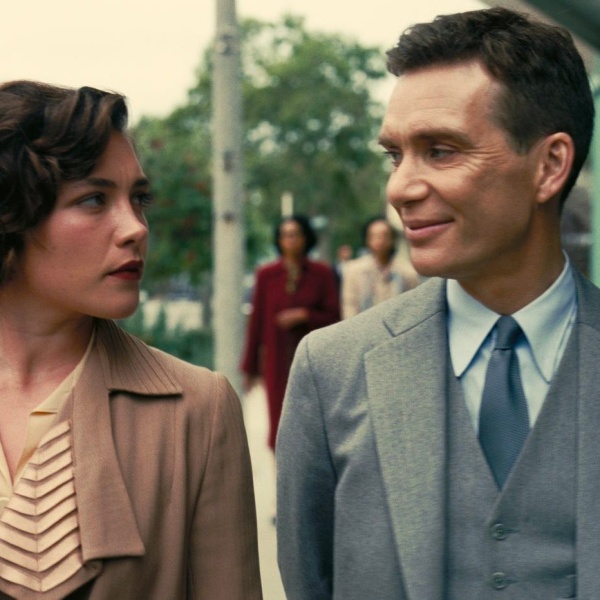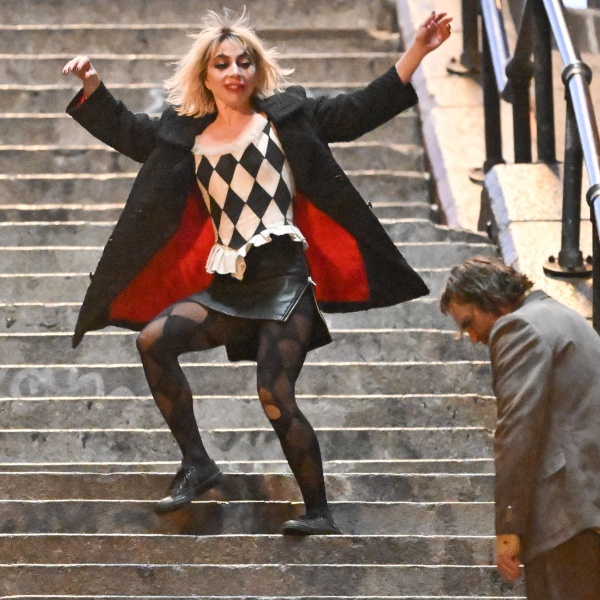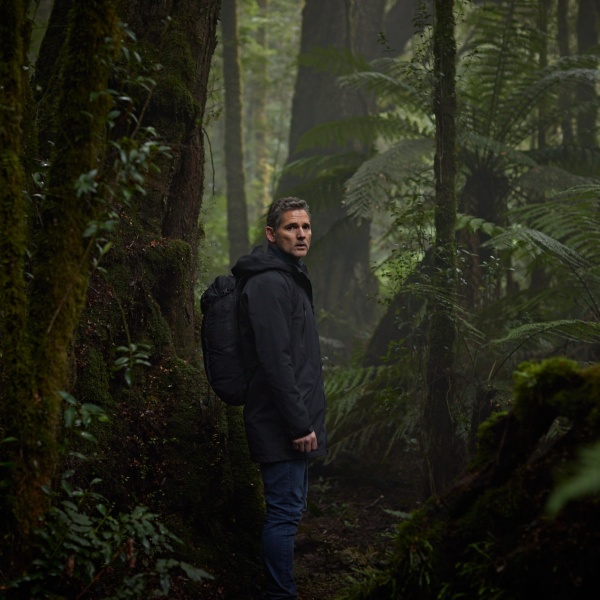One of the best and most heartbreaking films of the year, “Nickel Boys” marks the narrative feature debut of director RaMell Ross, previously best known for his 2018 film “Hale County This Morning, This Evening.” But the film already shows a deeply singular vision, as Ross uses a unique subjective camera technique throughout to bring the adaptation of the 2019 Colson Whitehead novel to stunning life. It’s a film with great emotional impact, especially when you know how its story — about two young Black boys struggling to survive an abusive reform school — is based heavily on the real-world tragedies of the Dozier School, a Florida reform school notorious for its abuse and murder of several students.
Ross received the Auteur Award at the 2024 IndieWire Honors event, which was held at Citizen News in Los Angeles on Thursday, December 5. Accepting the award, the director gave a lively speech in which he shouted out several of his fellow honorees, including “Daughters” directors Natalie Rae and Angela Patton, “Blitz” director Steve McQueen, and “Dune” director Denis Villeneuve.
“It’s really flattering to be called an auteur, let alone given an award for it. It means, to some degree at least, that what I tried to manifest with this film, the way I chose to say it and let it say — and I do mean kind of let the film speak — really sticks in the intimate atmosphere of our minds,” Ross said. “I do think people who have really inspired me in cinema have been fearless and uncompromising auteurs, people whose vision I like to think are anagrams for the consciousness.”
Speaking about the works that lead to “Nickel Boys,” Ross discussed his work as a photographer, documenting Black life in Alabama and the American South, and his desire to document how Black people are seen in camera language. He pooled his findings and beliefs into an artistic statement which he read to the audience.
“To be Black is the greatest fiction of my life,” Ross read from the statement. “Yet I’m still bound to its myth. I can’t help but think about the myth’s childhood in its backyard of the South, how the myth of Blackness aged into fact and grew into laws. How it evolved from there to become tacit and join the secret order of things, how it became the dark matter of the American imagination. I lived and worked in photography in Hale County, Alabama for almost 15 years. Sometimes there I feel like I have no race and if the light was right, no one else did either. Still, the myth of Blackness is entangled at the root of the South’s mythology. A mythology upheld in textbooks, institutions, media, film, and literature.”
Speaking about how these artistic beliefs intersected with his intentions in “Nickel Boys,” Ross explained that he wanted to use the film as a way to address “the sort of collective gaze that’s become Black culture, or the collective gaze that Black culture has been cornered into.” He also took the time to affirm that the real life history the novel and the film take inspiration from needs to be remembered, not just by him but by the audience he captured with it.
“The film is not looking at the Black community, it’s looking from the Black community. And that’s a perspective I wasn’t seeing often.” Ross said. “Alternatively, I think this film and Colson Whitehead’s novel is about justice on some level, not only visual justice but another justice, one for the young men of the Dozier School for Boys and their families. And this is really, really deeply true, we owe those young men for their stories not to be buried right next to them. It’s such a tragedy, such a horrible story. At a time when we want to forget and ignore the ugly parts of American history, I wanted to create a loving and experiential monument to the Dozier School boys.”
Watch Ross’ full speech above, and check out all of our IndieWire Honors coverage right here.
